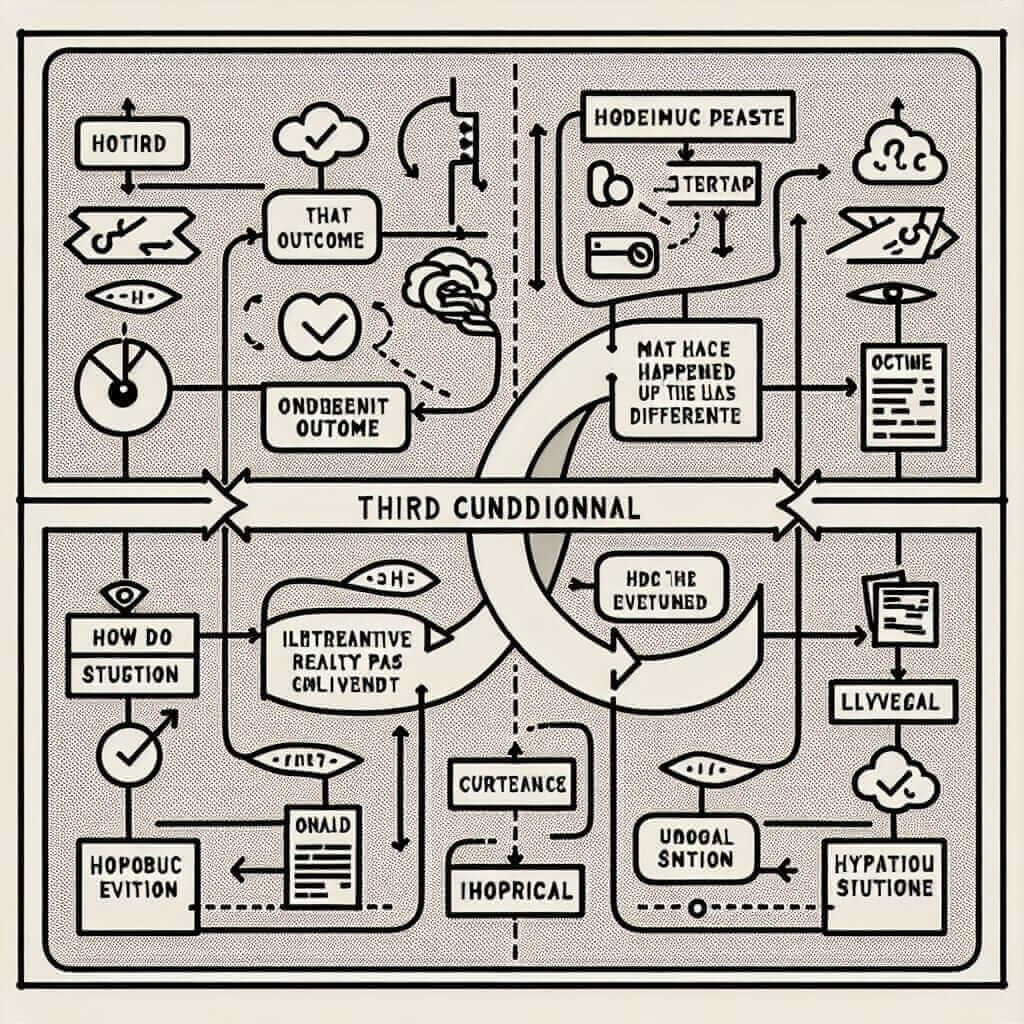The sentence “Had it not been for the warning, we would have been caught” is a prime example of the third conditional in English, a grammatical structure often tested in IELTS. Mastering this structure can significantly boost your score, showcasing your ability to express complex ideas and hypothetical situations with fluency.
Let’s look at some examples of how this structure might appear in different sections of the IELTS exam:
Speaking (Part 3):
- “Had it not been for the internet, globalization wouldn’t have advanced so rapidly. Communication and information sharing have become instantaneous.” (Here, you’re expressing a hypothetical situation about the past and its impact on the present.)
Writing (Task 2):
- “Some argue that traditional values are becoming obsolete. Had it not been for the influence of technology and globalization, perhaps this wouldn’t be a point of contention.” (This sentence presents a counter-argument in an essay discussing societal changes.)
Listening:
- You might hear a speaker say, “Had I not stumbled upon that book, I wouldn’t have discovered my passion for astrophysics.” (This expresses a hypothetical past event and its significant impact on the speaker’s life.)
Deconstructing the Third Conditional
This grammatical structure is used to discuss hypothetical situations in the past and their imagined consequences. Essentially, it helps us explore what “could have been” if something in the past had been different.
Formula and Application
[Had + subject + not + past participle…, subject + would/could/might + have + past participle…]
Let’s break down the formula:
- “Had + subject + not + past participle…”: This part sets up the hypothetical past condition, something that did NOT happen.
- “Subject + would/could/might + have + past participle…”: This part describes the imagined consequence of that unreal past condition.
Application in IELTS:
- Speaking: Use it to answer questions about hypothetical situations in the past, your dreams and aspirations, or alternative historical events.
- Writing (Task 2): Employ this structure to present counter-arguments, discuss hypothetical outcomes of different actions, or analyze cause-and-effect relationships in the past.
- Listening: Be prepared to identify and understand this structure when it’s used in lectures, conversations, or news reports.

Using the Third Conditional for a Higher Band Score
- Variety is key: Avoid repetition by using synonyms for “had it not been for” like “if it weren’t for,” “without,” or “but for.”
- Combine with other structures: For instance, “Although we were warned about the storm, had we not taken shelter, the situation could have been far worse.“
- Show off your vocabulary: Instead of repeating “would have,” utilize more sophisticated modal verbs like “could have,” “might have,” or “should have” to add nuance to your hypothetical situations.
Common Errors and How to Avoid Them
- Incorrect tense sequence: Remember, the structure requires a past perfect tense in the “if” clause and a conditional perfect (would/could/might + have + past participle) in the main clause.
- Incorrect: Had I not gone to the party, I wouldn’t meet my best friend.
- Correct: Had I not gone to the party, I wouldn’t have met my best friend.
- Misplaced “not”: The negation should be placed after “had,” not before the subject.
- Incorrect: If not had been for the traffic, I would have been on time.
- Correct: Had it not been for the traffic, I would have been on time.
Conclusion
Mastering the third conditional, particularly the nuanced structure of “had it not been for,” is a surefire way to demonstrate your advanced grammatical range on the IELTS exam. By understanding its construction, practicing its application, and familiarizing yourself with common pitfalls, you can confidently utilize this structure to articulate complex ideas and achieve your desired band score. Remember, practice makes perfect, so keep refining your understanding and usage of this versatile grammatical tool!